The X-Files: I Still Want to Believe
Over its multi-decade run, The X-Files became a defining pop culture phenomenon, blending sci-fi, horror, and procedural drama in a way unlike anything seen before or since.
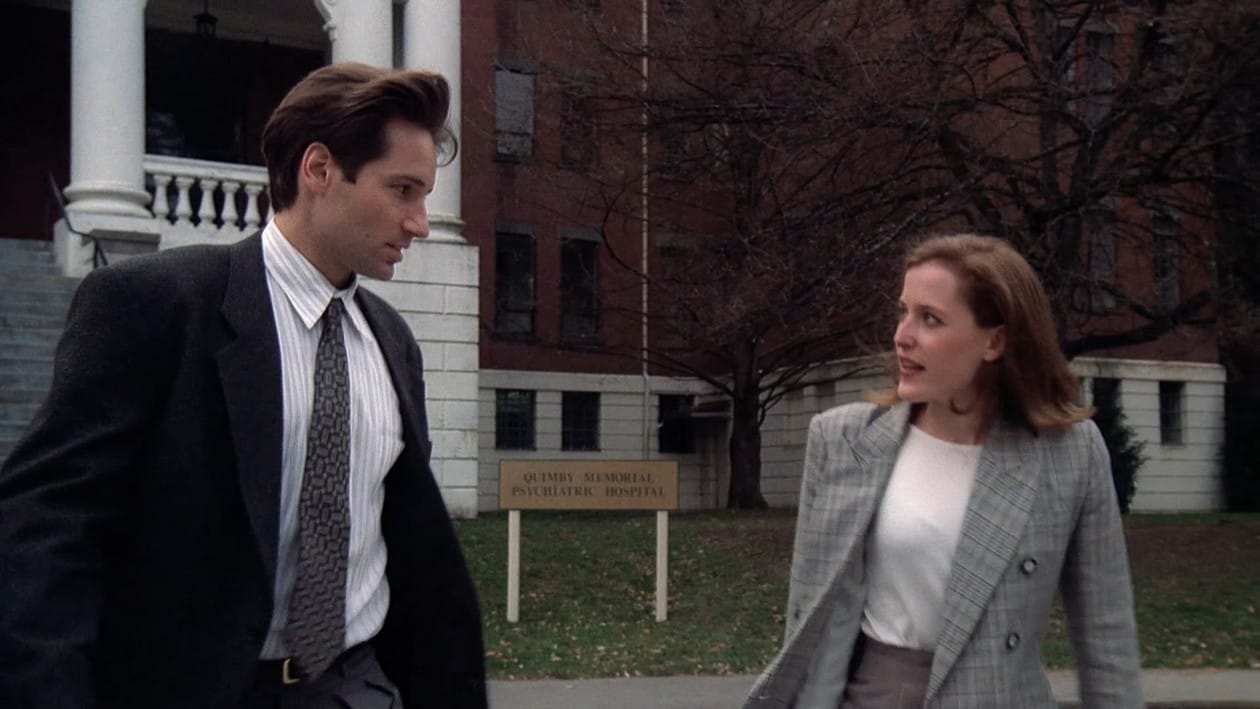
The truth is out there.
That phrase wasn't just a tagline — it was a key to a whole new world. Like Twin Peaks before it, The X-Files opened a portal to the strange, the paranormal, and the quietly terrifying corners of America that most shows wouldn't dare touch.
At its core, The X-Files follows FBI agents Fox Mulder (David Duchovny) and Dana Scully (Gillian Anderson) as they investigate unsolved cases involving unexplained phenomena — the so-called "X-Files." Mulder, a brilliant profiler haunted by his sister's abduction and a deep belief in the paranormal, is the believer. Scully, a medical doctor and scientist assigned to debunk his work, is the skeptic. Together, they uncover everything from alien abductions and government cover-ups to shape-shifting monsters and psychic assassins.
Premiering in September 1993, The X-Files ran for 11 seasons, comprising a total of 218 episodes that spanned from 1993 to 2002, with two revival seasons in 2016 and 2018. The show also spawned two theatrical films: The X-Files: Fight the Future (1998), which expanded the series' mythology, and The X-Files: I Want to Believe (2008), a standalone thriller focusing on the agents' dynamic.
Over its multi-decade run, the series became a defining pop culture phenomenon, blending sci-fi, horror, and procedural drama in a way unlike anything seen before or since.
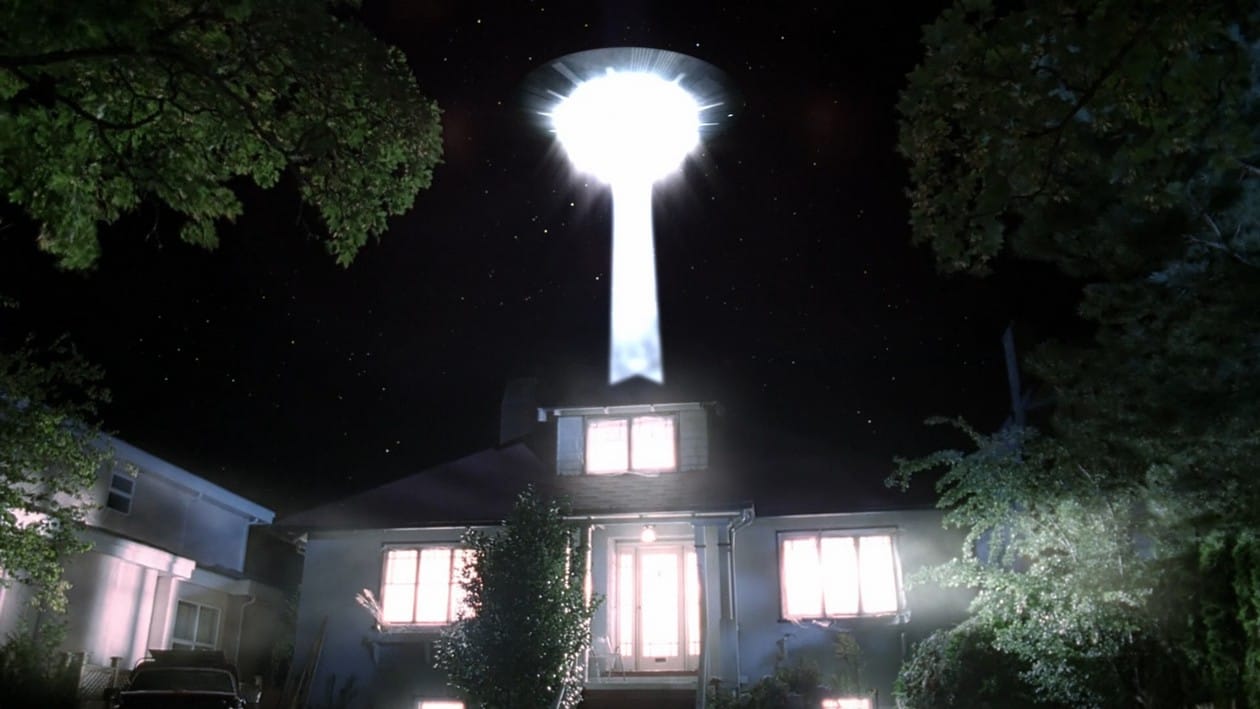
Roots in the Weird: From The Twilight Zone to Twin Peaks
To understand the DNA of The X-Files, you have to go back — way back — to the eerie morality plays of The Twilight Zone (1959–64). Rod Serling's landmark anthology series wasn't just science fiction and fantasy — it was allegory, fear, and human nature wrapped in twist endings and alien invasions. It taught a generation that the fantastic could be thoughtful, and that the most chilling stories often asked the hardest questions. That spirit of speculative storytelling would become the backbone of The X-Files' "monster-of-the-week" format: stories that weren't just scary, but subversive.
In the 1970s, Kolchak: The Night Stalker took things one step further. The short-lived cult series followed Carl Kolchak, a dogged reporter who uncovered supernatural threats — from vampires to lizard people — only to be ignored, dismissed, or silenced by authorities. Chris Carter, the creator of The X-Files, has cited Kolchak as a direct influence. You can see its fingerprints all over Mulder: the obsessive investigator who keeps chasing the truth, even when no one wants him to find it. In fact, Darren McGavin (who played Kolchak) appears as a mentor figure to Mulder in later seasons.
Then came Twin Peaks (1990–91). David Lynch and Mark Frost's small-town murder mystery took The Twilight Zone's surrealism and Kolchak's shadowy weirdness and drenched it in dream logic, eccentric characters, and haunting ambiguity. While Twin Peaks was short-lived, its impact was seismic — it proved that network TV could be strange, nonlinear, and deeply psychological. When The X-Files debuted just two years later, it inherited that tone: quiet dread, misty forests, cryptic clues, and the feeling that something was deeply wrong just beneath the surface.
There were also hardwired connections between the two shows. David Duchovny appeared in Twin Peaks as DEA Agent Denise Bryson — a breakout role that showed off his dry wit and calm charisma. Several other actors also made the jump: Don Davis (Major Briggs) would become Scully's father, while Michael Horse, Frances Bay, Kenneth Walsh, Richard Beymer, and Michael J. Anderson all made appearances.
What emerged from these influences wasn't a pastiche, but a progression — The X-Files stood on the shoulders of giants and built something wholly its own: a world where the terrifying and the thoughtful walked hand-in-hand, and where truth wasn't just stranger than fiction — it was fiction, redacted and filed away in a dusty FBI basement.
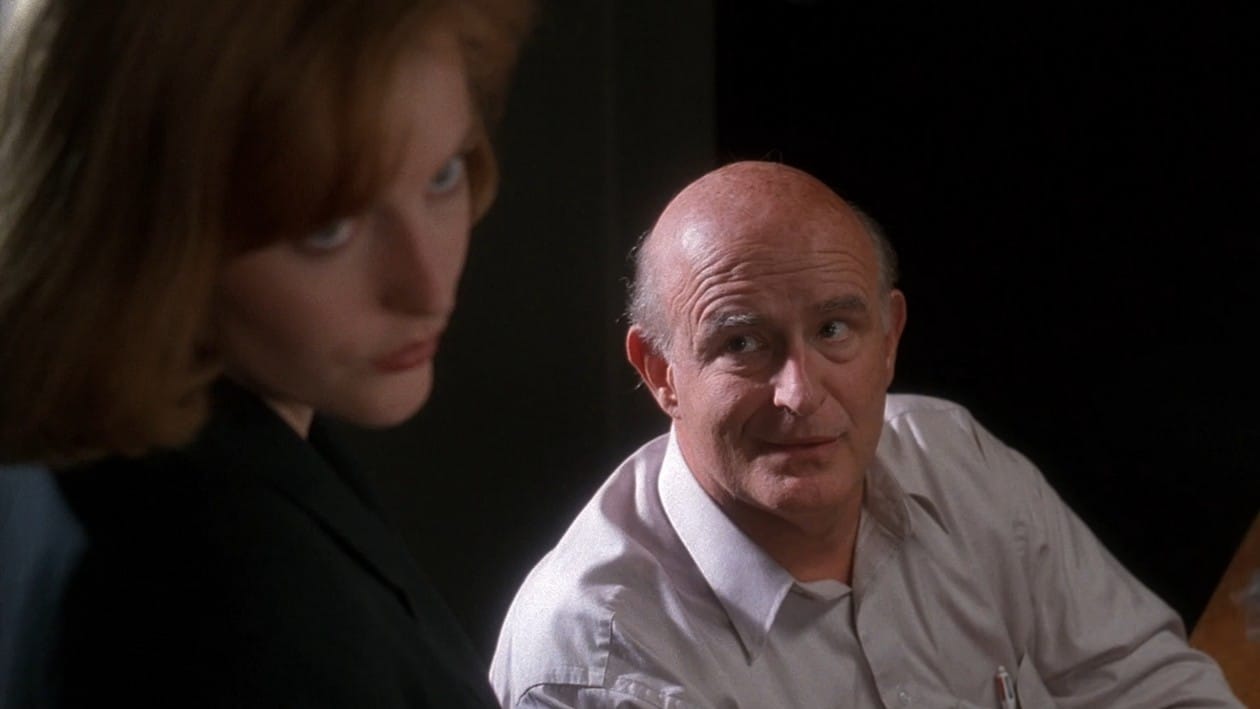
Behind the Curtain: Key Creatives
Chris Carter's vision was the backbone of the show, but The X-Files thrived because of its killer writers' room and stable of directors:
- Darin Morgan, Glen Morgan & James Wong: Architects of many of the show's best standalone episodes — deeply weird, emotionally grounded, and blackly comic.
- Howard Gordon & Alex Gansa: Mythology masters who helped layer in conspiracy lore and raise the stakes across seasons.
- Kim Manners & Rob Bowman: Two of the show's most visually inventive directors, making the dark corridors and cold forests feel almost mythic.
- Vince Gilligan: Before Breaking Bad, Gilligan brought subtle character work and twisted morality to episodes like "Pusher" and "Bad Blood."
Monster-of-the-Week vs. Mythology
Part of The X-Files' brilliance was how it functioned like two shows in one:
- "Mythology" episodes built a sprawling conspiracy narrative across multiple seasons — alien colonization, secret syndicates, black oil, and Mulder's quest to find his sister.
- "Monster-of-the-week" episodes, meanwhile, were standalone tales of mutants, ghosts, psychic killers, and unsolved phenomena. These were playgrounds for horror, sci-fi, comedy, and experimentation.
This format gave the show elasticity — the ability to chase its central mysteries while delivering tight, inventive, and often terrifying one-offs. You could jump in anywhere… or obsessively follow every breadcrumb.
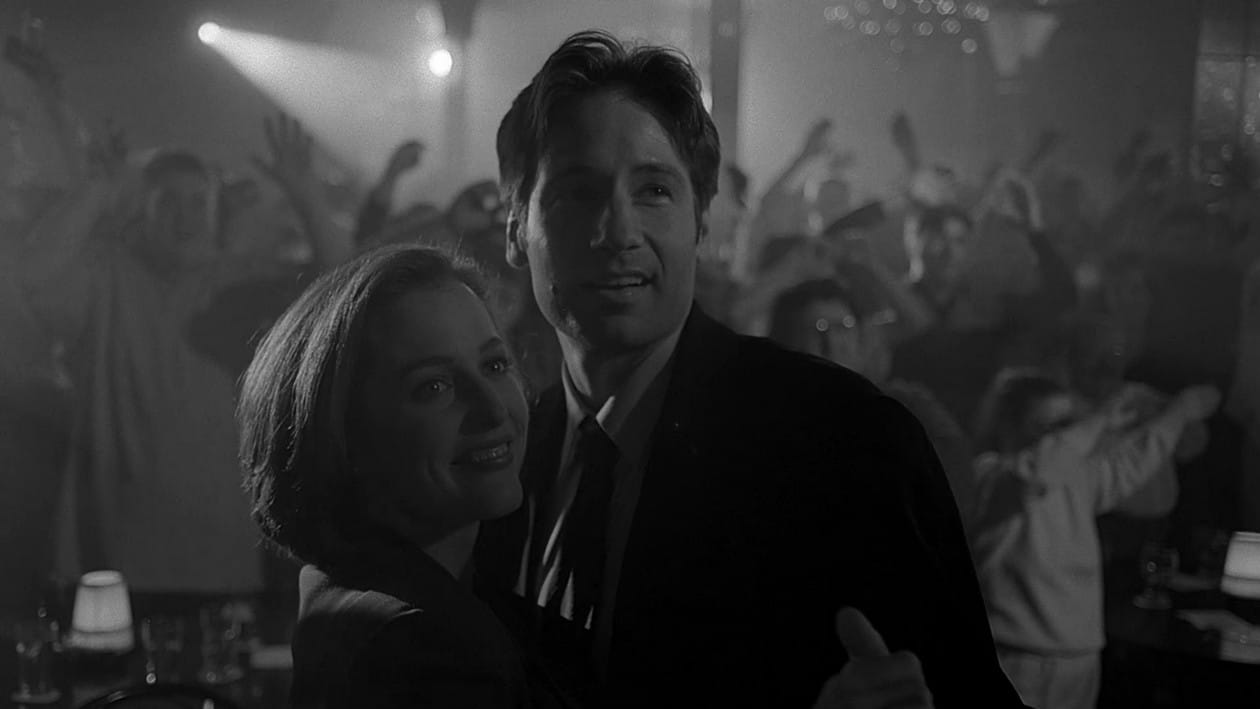
Spooky Chemistry: Duchovny & Anderson
No discussion of The X-Files is complete without spotlighting David Duchovny and Gillian Anderson. Their dynamic — Mulder the believer, Scully the skeptic — was the show's core engine, and their chemistry carried the series through its stranger turns.
Duchovny played Mulder with a deadpan charm and melancholy that made his obsession compelling instead of ridiculous. Anderson's Scully, meanwhile, brought grit and grace to a role that could have easily been a foil or romantic subplot, grounding the show in scientific curiosity and quiet strength.
They were equals, partners, and — depending on your fan-fiction flavor — soulmates. Their performances elevated the material, transforming government conspiracy and alien abduction into a deeply emotional ride.
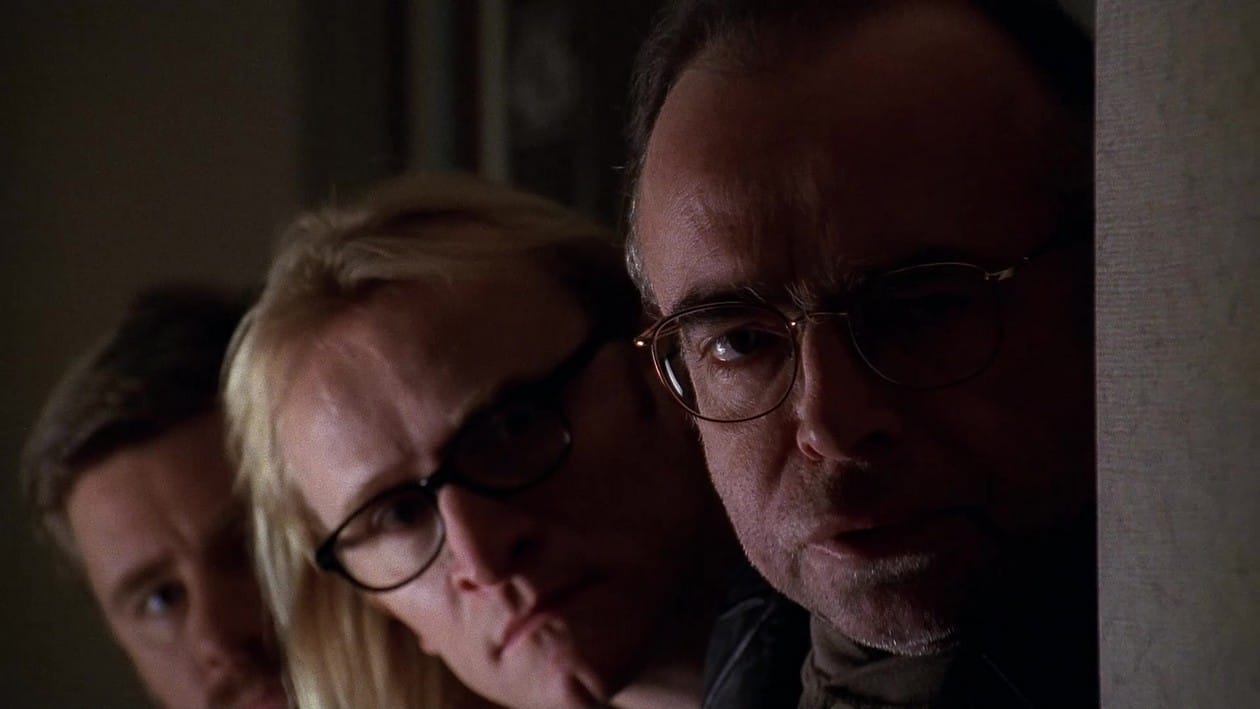
Recurring Characters
The X-Files' world was bigger than just Mulder and Scully. Its web of recurring characters added depth, continuity, and no shortage of intrigue:
- The Cigarette Smoking Man: The embodiment of shadowy power — manipulating global events with a Morley in hand. Mysterious, menacing, and somehow always one step ahead. Played by William B. Davis.
- The Lone Gunmen (Frohike, Langly, and Byers): Nerdy, paranoid, and lovable, this trio of conspiracy theorists became unexpected heroes — a grassroots resistance movement wrapped in thrift-store trench coats. Played by Tom Braidwood, Dean Haglund, and Bruce Harwood.
- Walter Skinner: Their FBI boss — gruff but fair, often caught between institutional loyalty and personal integrity. A moral compass forged in bureaucracy. Played by Mitch Pileggi.
- Alex Krycek: Introduced as a squeaky-clean agent, Krycek quickly revealed himself as a double (and sometimes triple) agent — slippery, self-serving, and unpredictable. His long, antagonistic dance with Mulder became one of the show's most addictive subplots. Played by Nicholas Lea.
These weren't just side characters. They were mythological figures in their own right — chess pieces in a slow, methodical war for the truth.
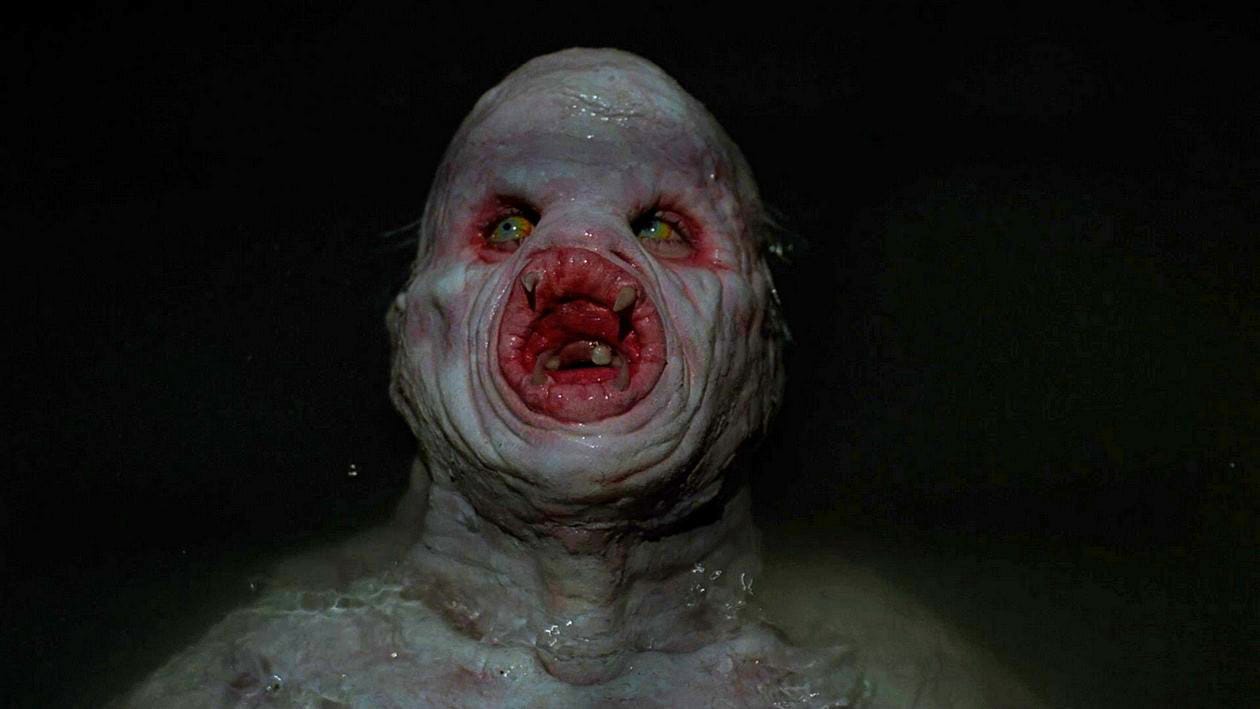
10 Episodes That Define The X-Files
- "Pilot" (Season 1, Ep. 1)
Mulder pulls Scully into the shadowy world of the X-Files. Missing teens, strange lights in the woods, and the first hints of a vast conspiracy.
- "Squeeze" (Season 1, Ep. 3)
Eugene Tooms is a liver-eating mutant who can squeeze through air vents. Iconic monster, iconic tension.
- "The Host" (Season 2, Ep. 2)
A half-human fluke-worm creature haunts the New Jersey sewers. Body horror at its most literal — and most gross.
- "Humbug" (Season 2, Ep. 20)
Set in a community of circus performers, this episode explores the meaning of "freakishness" with empathy, humor, and a heartfelt sting.
- "Clyde Bruckman's Final Repose" (Season 3, Ep. 4)
A reluctant psychic who sees how people die. It's as funny as it is heartbreaking — and it won an Emmy for a reason.
- "Jose Chung's From Outer Space" (Season 3, Ep. 20)
UFOs, unreliable narrators, and self-referential chaos. Think Rashomon with Men in Black.
- "Musings of a Cigarette Smoking Man" (Season 4, Ep. 7)
The shadowy puppet master steps into the spotlight, revealing a backstory that may or may not be true.
- "The Post-Modern Prometheus" (Season 5, Ep. 5)
A black-and-white monster tale set to Cher's greatest hits. One of the most visually striking and bizarre episodes in TV history.
- "Bad Blood" (Season 5, Ep.12)
Mulder and Scully recount a vampire case — and their wildly different versions of the truth. Hilarious, meta, and essential.
- "X-Cops" (Season 7, Ep. 12)
Shot in the style of Cops, this episode follows the agents through a handheld nightmare. One of the boldest and weirdest experiments the show ever pulled off.
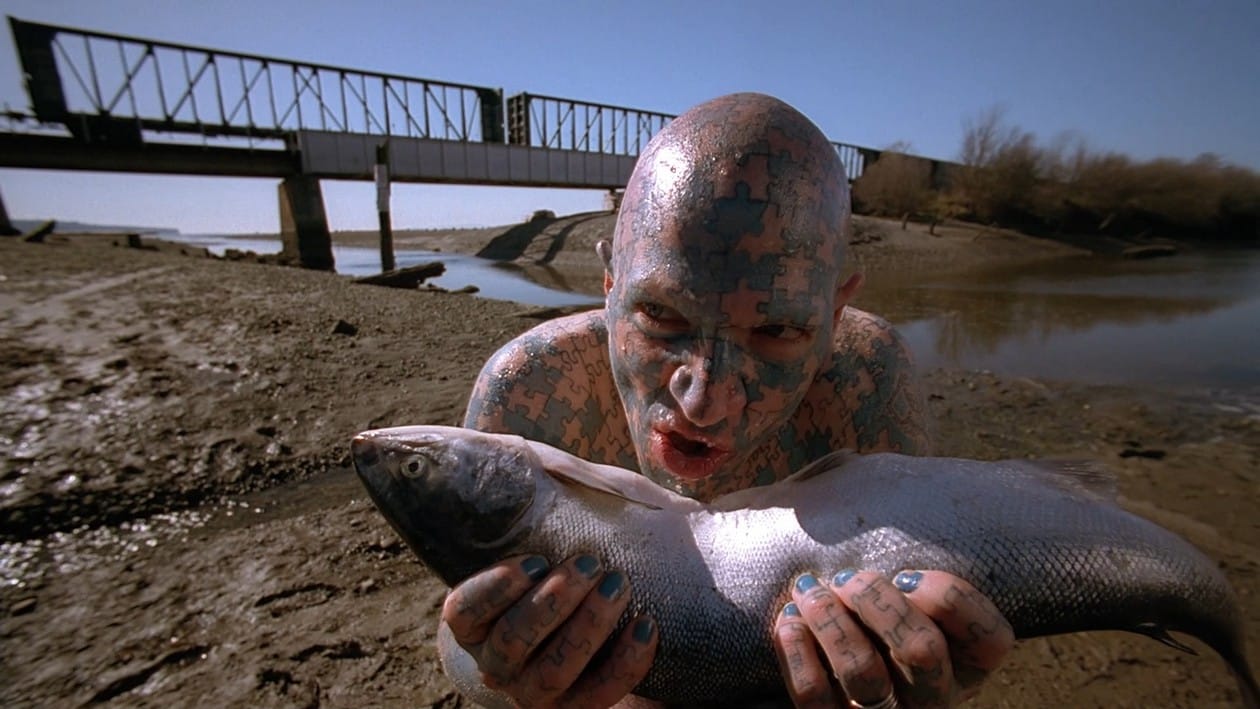
The Ripples of The X-Files: What It Inspired
Few shows cast a longer shadow than The X-Files. It helped define modern genre television and inspired a generation of creators and fans alike.
Direct Descendants:
- Buffy the Vampire Slayer & Angel: Found the same sweet spot between serialized storytelling and monster-of-the-week fun.
- Fringe: A spiritual successor that mirrored the show's structure, tone, and blend of science fiction with emotional drama.
- Supernatural: Two brothers hunting monsters across America? Swap Mulder and Scully for Sam and Dean, and you're halfway there.
- Stranger Things: Shadowy government labs, psychic kids, and creatures from an alternate dimension? Sounds familiar!
- True Detective: Mixed crime procedural with cosmic horror and existential dread.
- Black Mirror: Morally ambiguous tech-fueled stories with a standalone structure straight out of the X-Files playbook.
- Lost: ABC's landmark series owes an enormous debt to Chris Carter's myth-building, with its obsession with mysteries, flashbacks, and high-concept conspiracies.
Even "reality" shows took note:
- Ghost Hunters, Ancient Aliens, Paranormal State, Destination Truth — the entire genre of paranormal reality TV owes its aesthetic, tone, and sense of "documentary dread" to the X-Files' blend of skepticism and wonder.
The X-Files didn't just change what was possible on television — it changed what audiences were willing to believe.
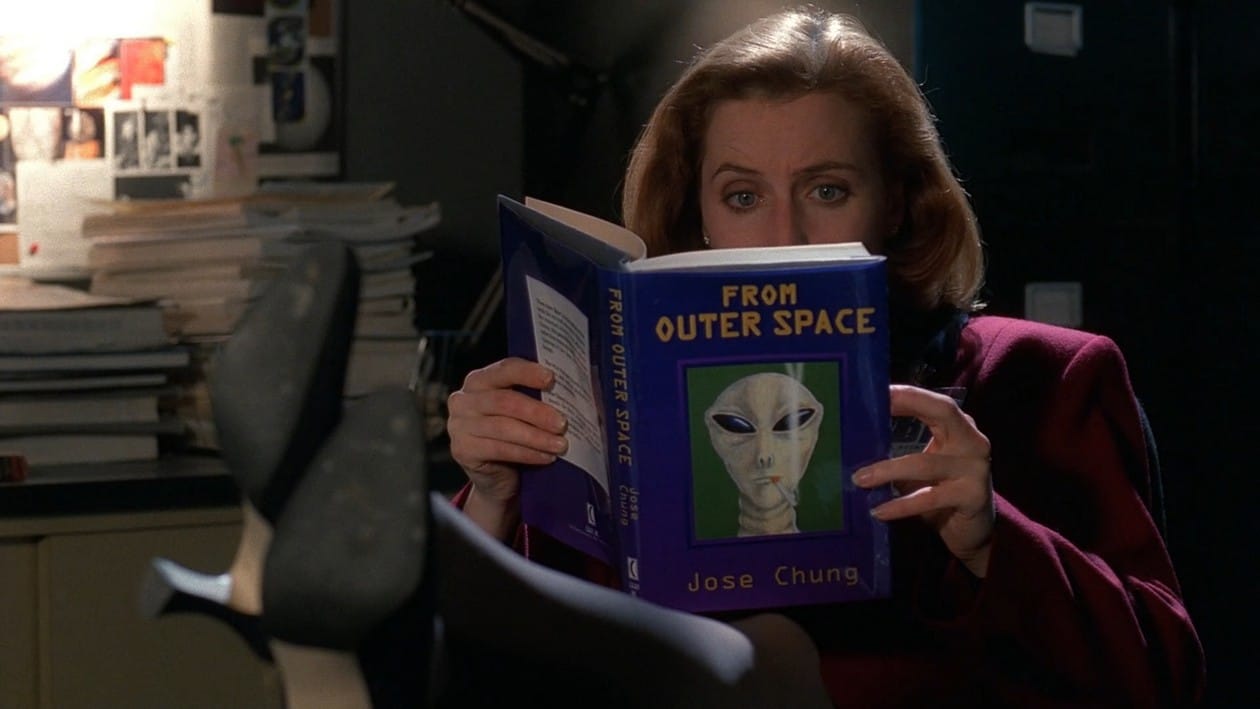
The Final Slice
The X-Files taught us that some questions don’t have easy answers, that the line between belief and skepticism is thinner than we think, and that sometimes the scariest monsters are the ones we can’t see. It mixed chills, conspiracy, and emotional depth with unforgettable style, carving out a space where the paranormal felt just plausible enough to haunt us long after the credits rolled.
And the story may not be over.
Word has it that Ryan Coogler (Creed, Black Panther, Sinners) is developing a new take on The X-Files — one that reimagines the series for a new generation. While details are still under wraps, the idea of returning to the shadows with fresh eyes and new questions is tantalizing. If anyone can thread the needle between respecting the legacy of the series and reinvigorating it, it's Coogler.
Because let’s face it: strange lights in the sky, unexplainable disappearances, whispers of government secrets — those stories never really go away.
The truth is still out there.
Looking to dive into The X-Files? I recommend picking up Zack Handlen and Emily Todd VanDerWerff's Monsters of the Week: The Complete Critical Companion to The X-Files, an excellent book I'd recommend to fans and newcomers alike; it's essential reading for a first-time watch (or rewatch!) of the series.
🍕 POP 'N' PIZZA is your deep-dish slice of pop culture's weirdest corners—served weekly with extra sauce. Written by Adam Frazier.
